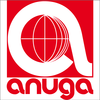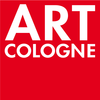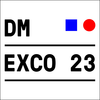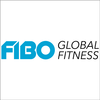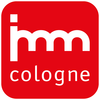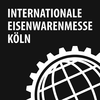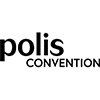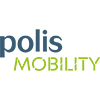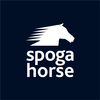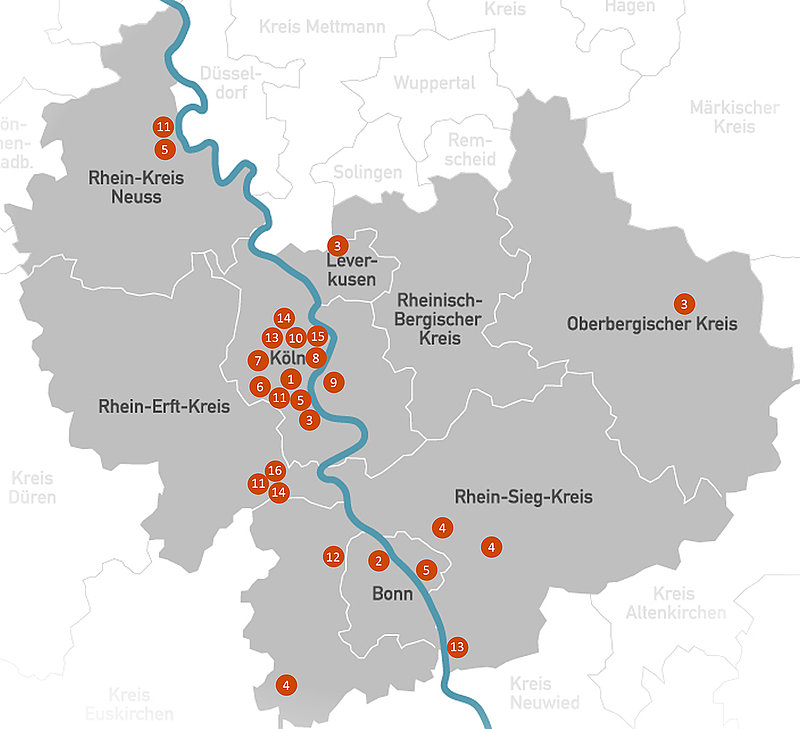The Cologne/Bonn Region
The Cologne/Bonn region is home to more than 3.6 million people and benefits from its central location within Europe. The region is one of the most efficient economic areas in Europe with large-scale industry and innovative small and medium-sized enterprises (SME) as well as an outstanding research, university, and innovation landscape. As an attractive place to work and live, with a wide range of cultural offerings and numerous recreational opportunities, the region exudes a high level of appeal.
At the same time, as a dynamic growth area and in view of social and global developments, the Cologne/Bonn region faces the challenge of advancing the sustainable transformation of space, infrastructure, and the economy in the upcoming years. Energy and resource transformation, climate protection and climate change adaptation, mobility transformation and digitalization are leading to extensive transformation processes that need to be designed in a future-proof manner.
Fact & Figures
- Region: 3 cities (Cologne, Bonn and Leverkusen), 5 districts (Rheinisch-Bergischer Kreis, Oberbergischer Kreis, Rhein-Sieg-Kreis, Rhein-Erft-Kreis and Rhein-Kreis Neuss) – a total of 61 municipalities.
- Area: 4,415 km²
- Intersection of (inter)national transport axes and the Rhine waterway
- Diverse settlement and landscape pattern along and on both sides of the Rhine
- Population: approx. 3.6 million inhabitants
- Population density*: 831 inhabitants/km²
- GDP/inhabitant*: 48,160 euros
- Population growth Cologne/Bonn region*: +133,500 inhabitants* (+4.4%) since the 2011 census.
- Approx. 260,000 companies
- Approx. 1.3 million employees
- 4 international DAX companies
- Manufacturing sector: 21.6 % (NRW state average: 27.9%)
- Service sector: 78.2% (NRW state average: 72.5%)
International Conferences (City of Bonn)
- UNFCCC Bonn Climate Conference
- Global WOPs Congress
- Daring Citis, the forum for cities in the climate crises
- Bonn UN Day
- and many more
International Fairs
- More than 30 universities
- 8 clusters of excellence at 4 universities
- More than 170,000 students
16 Largest Universities (more than 30 in total)
1. Universität zu Köln
2. Rheinische Freidrich-Wilhelms-Universität Bonn
3. Technische Hochschule zu Köln (TH Köln)
4. Hochschule Bonn-Rhein-Sieg (H-BRS)
5. FOM Hochschule für Oekonomie & Management
6. Deutsche Sporthochschule Köln (DSHS)
7. Rheinische Fachhochschule Köln (RFH Köln)
8. Hochschule Fresenius
9. Hochschule für Polizei und öffentliche Verwaltung NRW
10. Katholische Hochschule Nordrhein-Westfalen (katho)
11. CBS International Business School
12. Alanus Hochschule
13. IU International Hochschule
14. Europäische Fachhochschule (EU|FH)
15. Hochschule für Musik und Tanz Köln (HfMT Köln)
16. Hochschule des Bundes für öffentliche Verwaltung (HS Bund)
- Approx. 13,700 employees in research and development
- More than 30 research institutes and centers
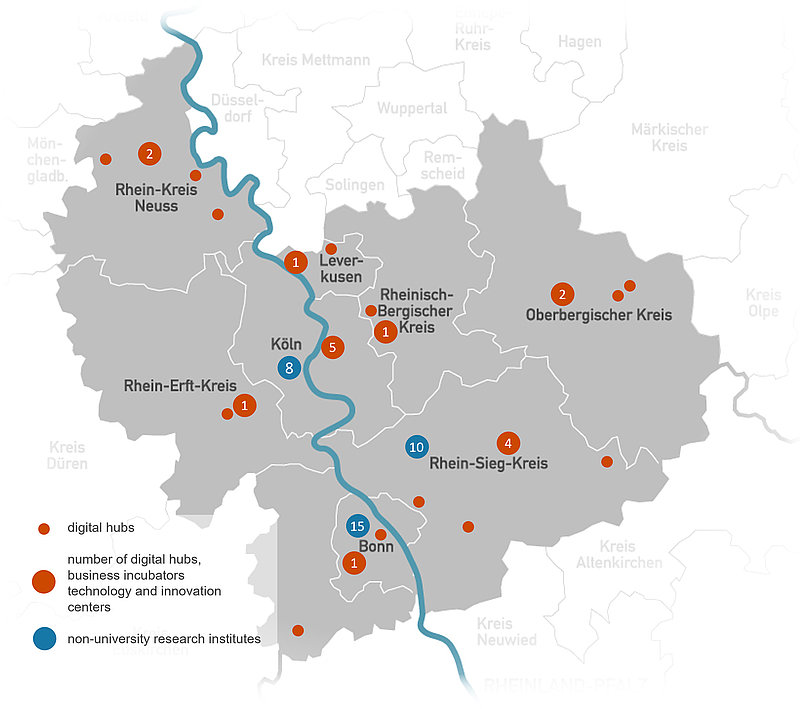
From Cologne (public transportation)
Cologne Central Station to CGN: ~ 15 min.
Cologne Central Station to DUS: ~ 40 min.
Cologne Central Station to FRA: ~ 50 min.
From Bonn (public transportation)
Bonn Central Station to CGN: ~ 25 min.
Bonn Central Station to DUS: ~ 60 min.
Bonn Central Station to FRA: ~ 90 min.
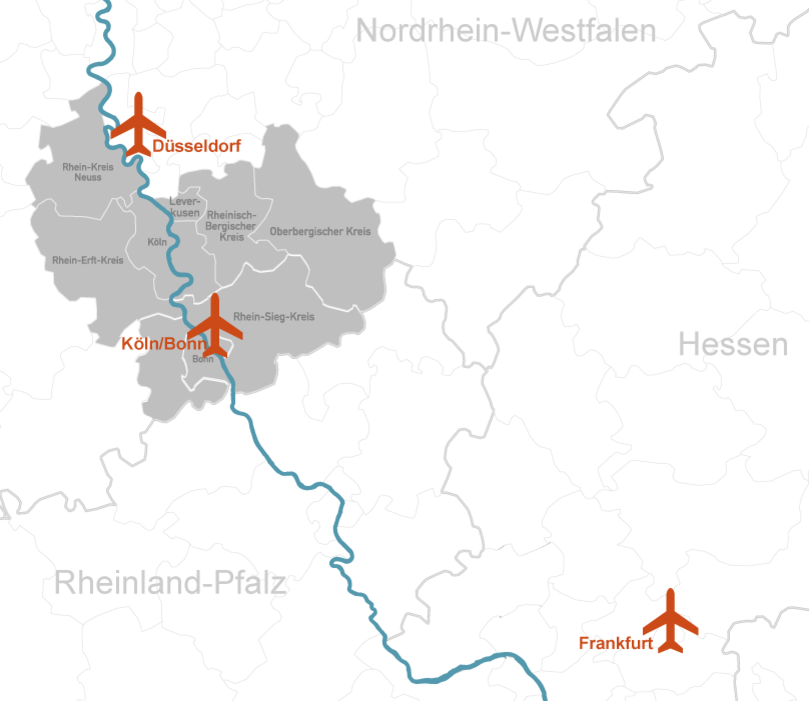
- 200 km of hiking trails
- 20 lakes and large water dams
- 2 UNESCO World Heritage Sites (Cologne Cathedral, Castles Augustusburg and Falkenlust in Brühl)
- 3 nature parks (Rhineland Nature Park, Bergisches Land Nature Park, Siebengebirge Nature Park)
*Source: "Regionalwirtschaftliche Profile Nordrhein-Westfalen 2022. Region Köln/Bonn".
The publication includes the cities of Cologne, Bonn and Leverkusen and the districts of Rheinisch-Bergischer Kreis, Oberbergischer Kreis, Rhein-Sieg-Kreis and Rhein-Erft-Kreis in the Cologne/Bonn region. The members of the Region Köln/Bonn e.V. also include the Rhein-Kreis-Neuss.
Economic Structure and Development
The economic structure of a region is closely interrelated with spatial and infrastructural developments. The Cologne/Bonn region is of central importance for Germany's strongest economic state, North Rhine-Westphalia.
In particular automotive and mechanical engineering, chemical, financial and insurance industry, healthcare, information technology and telecommunications, logistics, and radio and television play a major role in the regional economic structure.
Together with the region's economic development agencies and chambers of commerce, the Region Köln/Bonn e.V. supports the regional business landscape in sustainably positioning itself for the future and in order to handle international competition.
Oberbergischer Kreis
The Oberbergische Kreis is one of the economically strongest districts in NRW. Around 16,000 companies speak a clear language. The manufacturing industry is traditionally strong, especially in the fields of plastics, metal, automotive and medical technology. However, the future is also firmly in sight here: Digitisation, Industry 4.0 and sustainable business are tackled in Oberberg in the usual practical way. But Oberberg is not only a business location, it also offers a stable and secure environment in which people can feel at home. 13 municipalities are located in a varied low mountain landscape with many reservoirs and forests.
Contact
Wirtschaftsförderung Oberbergischer Kreis
Executive
Uwe Cujai
- Phone:+49 2261 88 6868
- Email:wirtschaftsfoerderung@obk.de
Rheinisch-Bergischer Kreis
Within the Cologne/Bonn metropolitan region, the district of Rheinisch-Bergischer Kreis is characterized by its convenient location, its direct connection to Cologne and its strong small and medium-sized enterprises. Innovative companies, traditional family businesses, internationally active hidden champions and creative service providers are located here. Companies and employees alike appreciate the quality of life the region has to offer, especially being able to work in the countryside without missing the offerings of diverse metropolises nearby.
Contact
Rheinisch-Bergische Wirtschaftsförderungsgesellschaft mbH
Executive
Volker Suermann
- Phone:+49 2204 9763 0
- Email:info@rbw.de
Rhein-Sieg-Kreis
The attractiveness of the Rhein-Sieg-Kreis district for business enterprises and start-ups is primarily due to its excellent location qualities. These include, in particular, the immediate vicinity of the federal city of Bonn and the metropolitan region of Cologne, the good transport connections, the above-average endowment with scientific, research and educational institutions, a highly qualified workforce potential as well as the wide range of support options offered by the business development agency.
Contact
Referat Wirtschaftsförderung und Strategische Kreisentwicklung
Executive
Regina Rosentstock
Rhein-Erft-Kreis
The economically strong Rhine-Erft district with its almost 480,000 inhabitants in ten cities borders directly on the city of Cologne to the west and is situated in the catchment area of several universities. It is part of the transformation region Rhenish Lignite Area. The economic structure has its strengths in the energy, chemical and logistics sectors and is currently influenced by major changes. In addition to a few large production sites, the business structure is predominantly characterised by small and medium-sized enterprises.
Contact
Wirtschaftsförderung Rhein-Erft GmbH
Executive
Susanne Kayser-Dobiey
- Phone:+49 2271 99499 0
- Email:info@wfg-rhein-erft.de
Rhein-Kreis Neuss
With more than 450,000 inhabitants and 29,000 companies, Rhine-County of Neuss is one of the densely populated and economically strongest districts in Germany and an innovative location, a leader in the field of logistics, the aluminium processing and chemical industry, and a strong player in the healthcare, as well as food and beverage industry. With its excellent location, Rhine-County of Neuss is home to many international, innovative companies and hidden champions from the SME sector.
Contact
Wirtschaftsförderung Rhein-Kreis Neuss
Executive
Robert Abts
Cologne
Infrastructure, digitalisation, skilled workforce - Cologne is the largest city in North Rhine-Westphalia and offers the ideal basis for your business success. Here you will find an excellent network of market-leading companies, an up-and-coming tech start-up scene and renowned research institutions. But above all, Cologne stands out for its cosmopolitan mentality and high quality of life: nowhere is it as easy to arrive as in Cologne.
Contact
KölnBusiness Wirtschaftsförderungs-GmbH
Executive
Dr. Manfred Janssen
- Phone:+49 221 99501 0
- Email:info@koeln.business.de
Leverkusen
Top connectivity, top educational offerings, top gigabit infrastructure: Companies benefit from the excellent location in Leverkusen, situated between Cologne and Düsseldorf, the attractive business tax rate, and the availability of highly skilled workforce – whether through outstanding vocational training programs or the Campus Leverkusen of the Cologne University of Applied Sciences. This profile is complemented by a wide range of sports, leisure, shopping, and cultural facilities.
Contact
Wirtschaftsförderung Leverkusen
Executive
Markus Märtens
- Phone:+49 214 8331 15
- Email:info@wfl-leverkusen.de
Bonn
Bonn is an attractive business and science location that is home to major national and international companies. The headquarters of the global players DHL Group and Deutsche Telekom manage their worldwide activities from Bonn. Ministries, federal authorities, UN secretariats and many scientific institutions are based here. The city is excellently positioned in the areas of ICT, cyber security and the health industry and has strength in knowledge-intensive services.
Contact
Wirtschaftsförderung der Stadt Bonn
Executive
Victoria Appelbe
- Phone:+49 228 77 2077
- Email:victoria.appelbe@bonn.de


